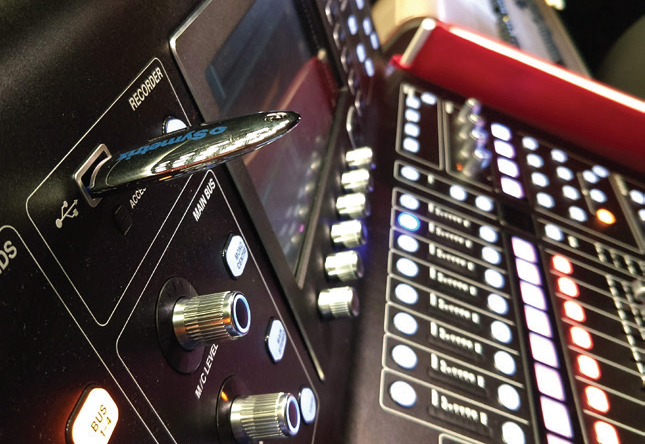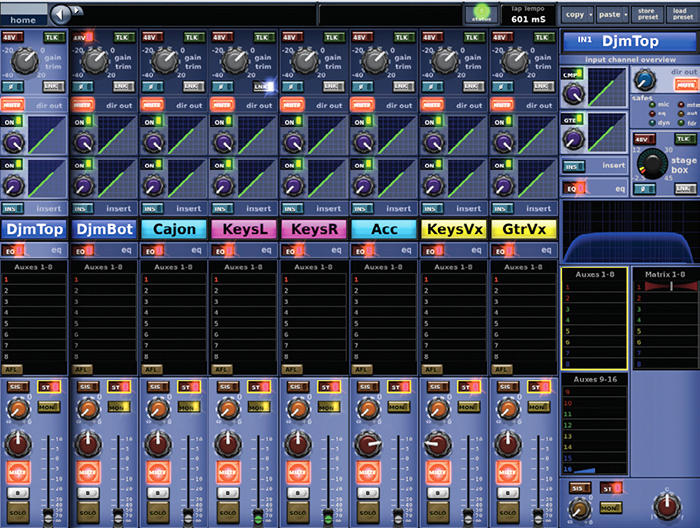
JY: Bingo! The issue starts right there. I’m not saying there are many managers (TMs, PMs, band management) that believe you can just throw a less-seasoned engineer on a console that’s been spun up by a more seasoned person and they’ll be brilliant in the seat. Less-skilled engineers may even be able to keep their heads above water for quite a while, especially if they have a great system tech tuning the PA every day, but eventually the house of cards will collapse. I’ve seen it at front of house and even more often at the monitor position, especially in the glory days of wedge mixing.
It’s the faulty notion that a salary can be cut in half and the qualified mix engineer replaced with someone who’s not that great simply by using the predecessor’s show file. If it’s a personality problem or the artist has just lost faith in the engineer, that’s one thing, but a new person in the seat should start with a fresh slate and some rehearsal time (even if it’s just a long sound check), and from there, sink or swim on their own.
I’ve taken over mixing FOH (and monitors as well) from someone else a handful of times. Each time, I tried to get my hands on a multitrack show recording, then found the console I’d be working with in my local market and spent hours with headphones on until I built my best mix. You won’t find many top engineers who would step into a new role as a replacement engineer and use the previous person’s file. As we like to jokingly say, “Why would I do that…they got rid of that person!”
It’s different if you’re just filling in for someone. Completely different. You want the transition to be seamless and invisible, so I’d happily start with what the person left me with.

ML: When I first started thinking about this, I thought of the example of an artist who creates work while under contract for a major animation company – a lot of those companies own your creative output while you’re under contract with them. And I was thinking that might apply here.
However, after further consideration, that’s not the same situation, and not just because in the animator’s case, that’s an explicit contract clause: The animator is hired to provide a product. We (sound engineers) are hired to provide a service. It was considering this from the point of view of a system tech that clarified it for me: would it make sense for a tour to demand Smaart traces? I would say no.
The system tech’s job is to use his/her knowledge to come up with that data and implement it. So they’re not paid to provide Smaart data, they’re paid to provide a tuned PA. In this context, the files needed to get there are part of the internal process of the engineer and not the result itself. And I think you could successfully argue the same thing for mix engineers – you’re not hired to create a show file (a product), you’re hired to mix (a service). I think that’s a fair line of reasoning.
JY: This is indeed an interesting conversation. What legal precedent exactly says about this, I’m interested to hear, but know as an engineer who creates a musical sounding mix out of fader and knob parameter adjustments on a console, I feel pretty strongly that the show file and the “intellectual property” that can be copied to a USB stick is mine to keep, give away or share.
In the spirit of cooperative business practices, the “ownership” of this data should be looked at on a situational basis. For example, if I’ve asked a colleague to step in and fill in at FOH for a few shows because of a conflict in scheduling or a family emergency, I always offer to give them a copy of my show file. This helps to smooth the transition and helps ensure that the next show is as seamless as possible, and the artist feels the least amount of effect from my absence.
